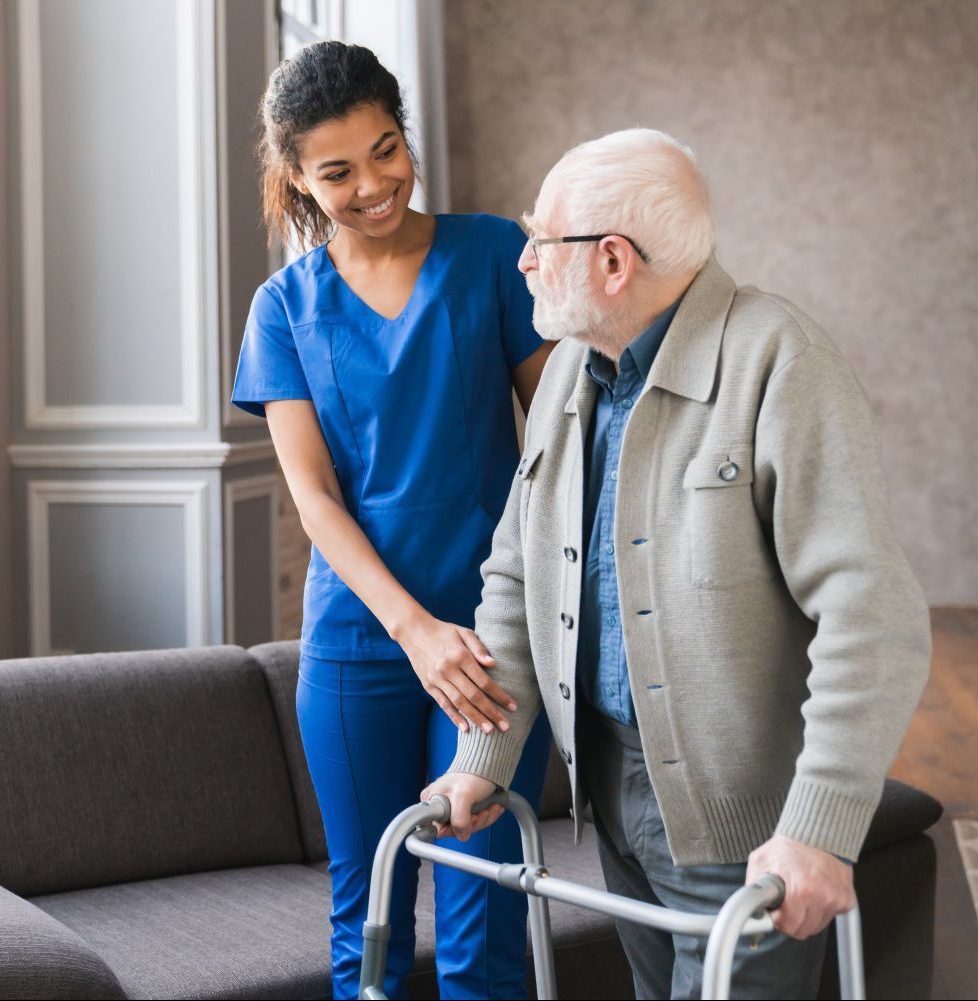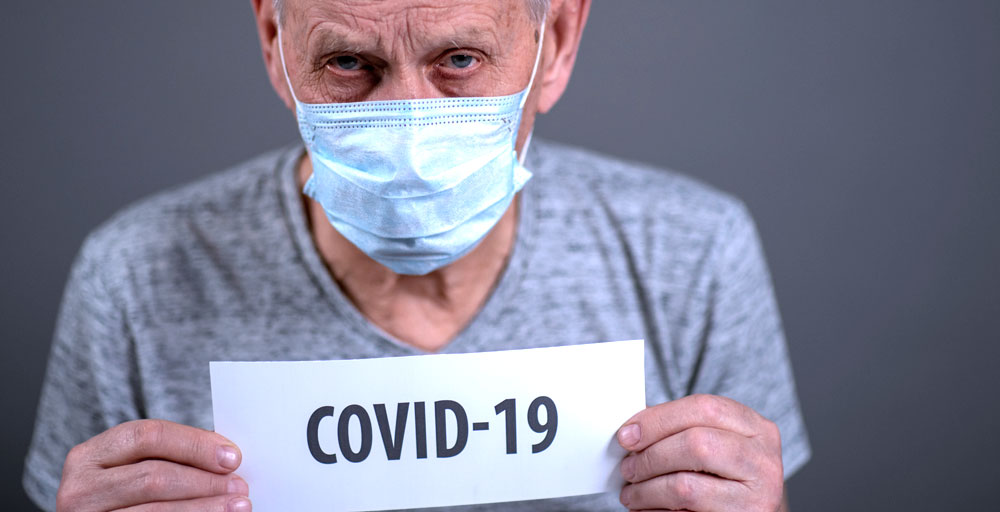
You’ve probably heard in the news that the COVID-19 virus is particularly dangerous for older people. If you or a loved one is aged over 60 (or over 50 if you’re an Aboriginal or Torres Strait Islander), there are some things that you need to know.
Why is the virus dangerous for older people?
The risk of becoming seriously ill from COVID-19 increases with age. So far, we know that the highest rate of fatalities has been among older people, especially those who have existing medical conditions or a weakened immune system.
People with existing medical conditions such as heart disease, diabetes and lung conditions are particularly vulnerable to COVID-19. As many older Australians also have at least one of these conditions, their risk of becoming seriously ill is increased.
What about vaccines?
At the moment, there is no vaccination for COVID-19, however, older people should get their 2020 flu vaccination as soon as it becomes available. To arrange a Flu Vaccination call DPV Health Medical Centres on 1300 234 263. The Flu vaccination is free for seniors over the age of 65.
It’s also a good idea to talk to your doctor about whether you should have a pneumococcal vaccination against pneumonia. This vaccine is recommended for everyone over 65. You should also discuss whether a shingles vaccination is right for you.
I am an older person, what can I do?
Even if you are feeling well, it is important to take steps to prevent the spread of this virus. People over 70 now being asked to stay in home and not go out unless absolutely necessary.
Good hygiene and taking care when interacting with other people, are the best defences for you and your family against COVID-19. This includes:
- covering your coughs and sneezes with your elbow or a tissue
- disposing off used tissues immediately into a waste bin and washing your hands
- washing your hands often with soap and water, including before and after eating and after going to the toilet, and when you have been out to shops or other places
- using alcohol-based hand sanitisers, where available
- cleaning and disinfecting surfaces that are frequently touched
- staying 1.5 metres away — 2 arms’ length — from other people. This is an example of social distancing
- if you are sick, stay at home and avoid contact with others
- avoiding non-essential travel
- consider having the chemist deliver your medicines
- think about having your groceries delivered
Should I visit my elderly relatives?
This is a tricky question, and you need to use your best judgement. It is important to avoid exposing elderly people to any visits including from relatives unless absolutely necessary. If your elderly relatives are in a residential aged care facility, there will be some restrictions.
The Australian Government has announced visitor restrictions across all aged care facilities for people who have recently returned from overseas or have been in contact with someone with COVID-19. Some aged care providers are asking that people do not visit their centres as it puts their residents at further risk. Exceptions may be made if your loved one is ill or in a palliative stage.
Some people are strictly restricted from visiting a residential aged care facility:
- Visitors who have returned from overseas in the last 14 days
- Visitors who have been in contact with someone confirmed to have COVID-19 in the last 14 days
- Visitors with a fever or symptoms of a respiratory illness
- Children 16 years and under, except in special circumstances
What can we do?
Make sure that you regularly call and check in on your older relatives. You can help them out by making a short trip to the supermarket or pharmacy for them as they may not be able to go on their own. Helping them stay connected with others through phone calls or video call systems can help them feel less isolated.
If you’re an older person and are struggling with stress or anxiety around the COVID-19 pandemic, reach out to family, friends and medical professionals for support. Be sure to tell people if you are having difficulties getting food or medication. Also try to take a break from watching, reading or listening to the news, as this can be upsetting if you don’t take a break from it.
Telehealth
If you need to make a medical or health care appointment you can now do so during self isolation via our Telehealth, Video & Phone Appointment services. For more information call: 1300 234 263 or visit: https://www.dpvhealth.org.au/all-services/telehealth/
Useful Resources
- DPV Health (Counselling, Social work & Psychology team) – Call: 1300 234 263 if you would like an appointment (8:30 am to 5 pm Monday to Friday) Telephone counselling is available.
- DPV Health Medical Centre – Call: 1300 234 263 (Telehealth services now available)
- Government Emergency Relief Packages: Supporting people in mandatory self-isolation, who have little or no food, and no network of family and friends to support them. Each eligible household will receive a two-week supply of essential goods. Call: 1800 675 398.
- Prescription Medicine Home Delivery Services:
www.amcal.com.au
www.tonicapp.com.au/
www.mymedkit.com.au
For more information on Coronavirus (COVID-19) call the hotline on 1800 675 398 or visit DPV Health updates page on: https://www.dpvhealth.org.au/coronavirus-covid-19/
Do you know someone that feels isolated and needs a phone friend?

Staying connected to community with a friendly person to chat to during this isolation time is more important than ever.
Our volunteer lead service, Hume Community Register have been making phone calls to isolated people living on their own for over 10 years.
This FREE community service is run by experienced and friendly volunteers who know the importance that a phone call can make to the health and well being of an isolated person.
Next time you need a friendly chat our volunteers are just a phone call away.
Call our team on 8301 8836.
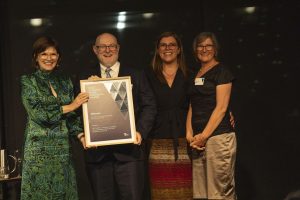

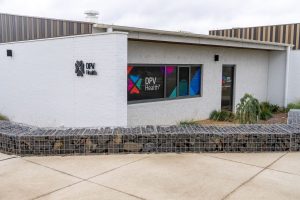
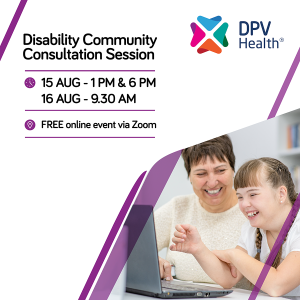
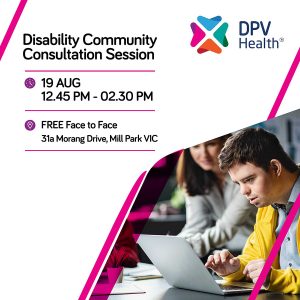
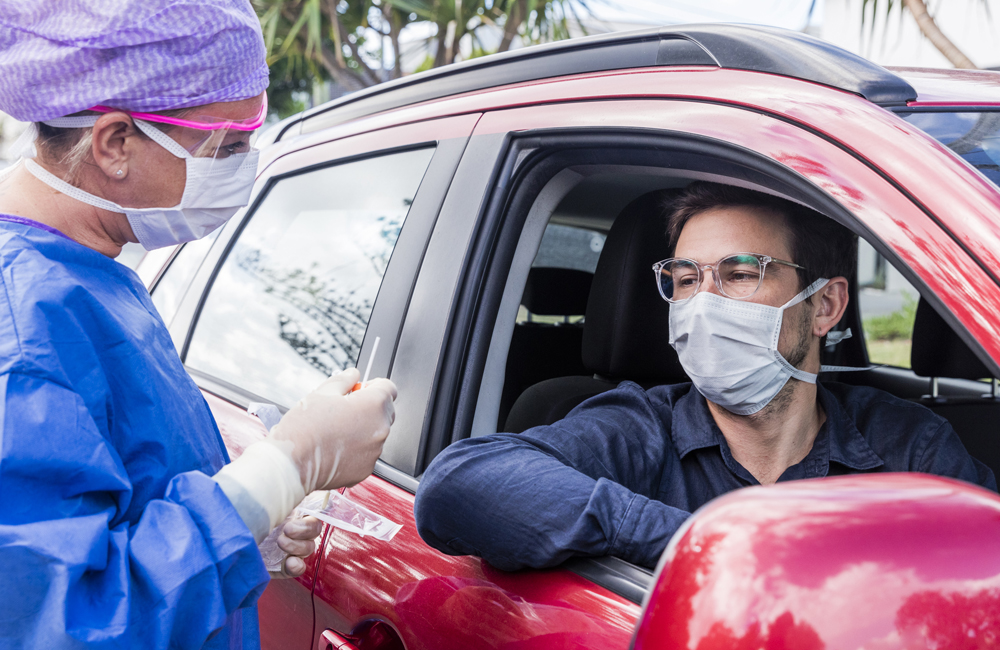




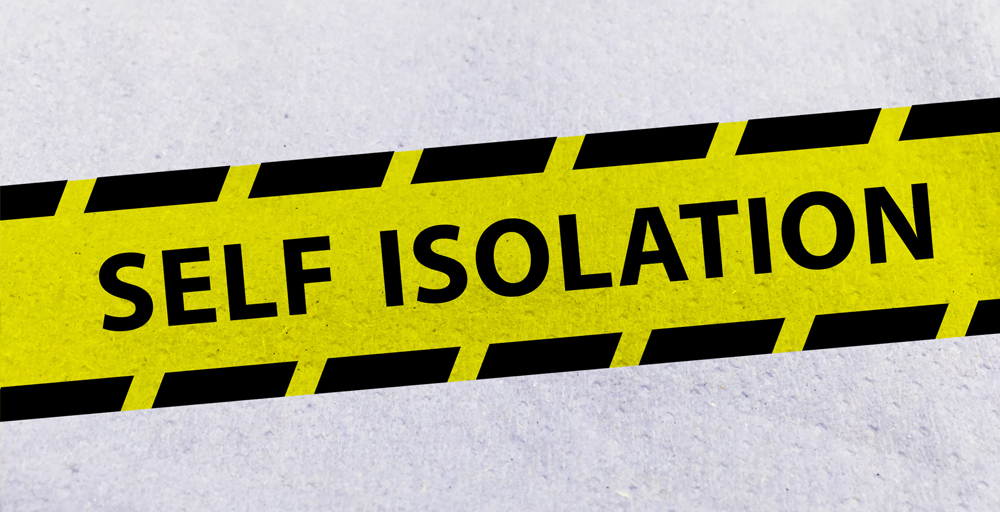
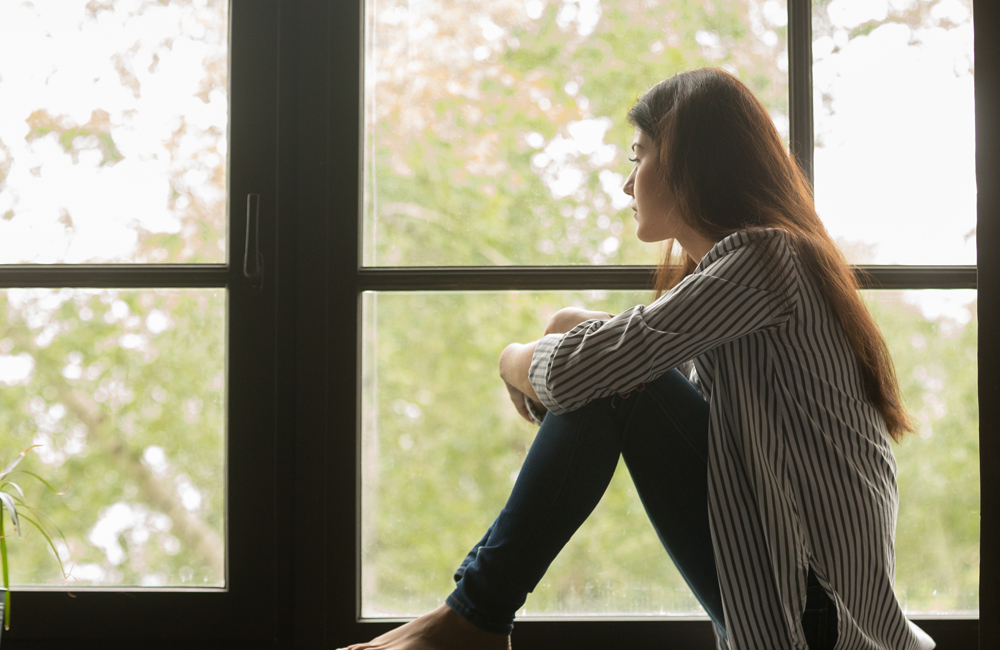
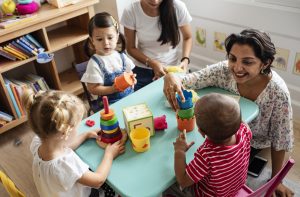
 Language
Language
